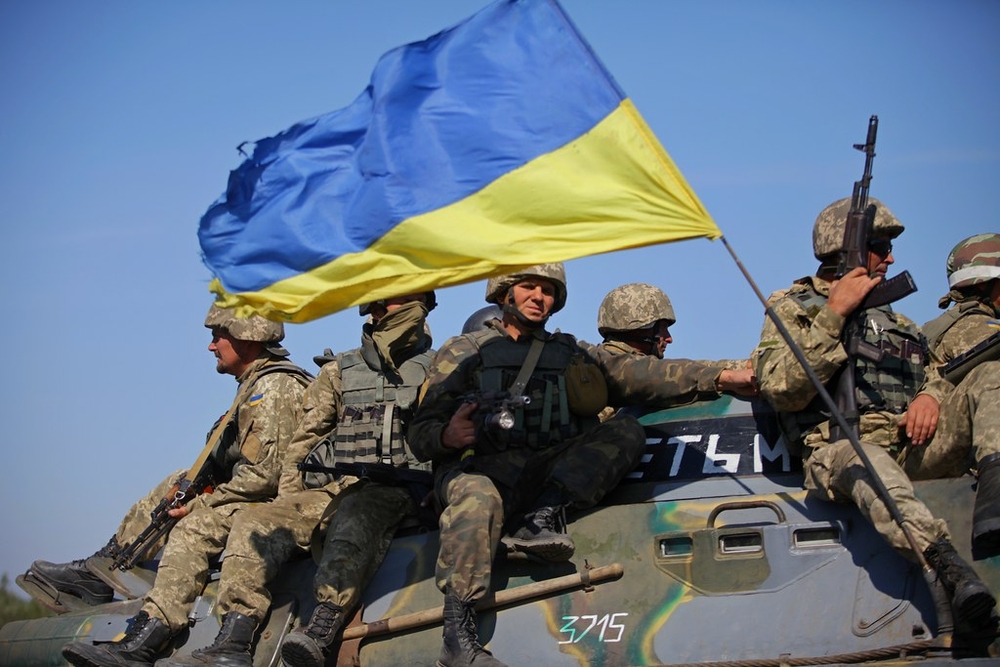Published
- 3 min read
Why Diplomacy, Not Escalation, Is the Key to Ending the Ukraine War

The Case for Diplomacy: An Alternative Path Forward
The ongoing conflict between Russia and Ukraine continues to dominate headlines, with calls for increased military support often overshadowing quieter arguments for a negotiated settlement. While the geopolitical stakes are undeniable, a growing chorus of experts and policymakers argue that diplomacy offers the only viable solution to end the bloodshed and secure a lasting peace.
The Human Cost of Prolonged Conflict
Every day the war continues, its toll on civilian lives, infrastructure, and economies grows. Millions of Ukrainians have been displaced, and entire cities have been reduced to rubble. Beyond the borders of Ukraine, global food and energy markets are reeling from the consequences, affecting billions of people worldwide.
Prolonging the conflict through endless military escalation risks compounding these challenges without guaranteeing a decisive outcome. Diplomatic engagement, on the other hand, provides an opportunity to address humanitarian concerns while creating a foundation for rebuilding Ukraine and stabilizing the region.
The Geopolitical Risks of Escalation
Continued escalation carries significant risks beyond the immediate theater of war. With NATO supplying arms and training to Ukrainian forces, the potential for a direct confrontation between nuclear-armed powers grows. History has shown that such brinkmanship can spiral out of control, leading to unintended and catastrophic consequences.
Diplomacy, in contrast, mitigates these risks by creating channels for dialogue and de-escalation. It also allows for the involvement of neutral mediators who can facilitate compromises that respect Ukraine’s sovereignty while addressing Russia’s security concerns.
Historical Precedents for Peaceful Resolutions
The Cold War offers numerous examples of how diplomacy can avert disaster. The Cuban Missile Crisis of 1962, widely regarded as the closest the world has come to nuclear war, was resolved not through military force but through backchannel negotiations. Similarly, the Dayton Accords of 1995 ended the Bosnian War, demonstrating the power of international diplomacy to bring about lasting peace in even the most complex conflicts.
Applying these lessons to the Ukraine crisis, stakeholders must recognize that military victory is not the only metric of success. A diplomatic settlement that ensures Ukraine’s territorial integrity while addressing legitimate concerns from all sides could prevent further escalation and pave the way for a stable, multipolar world order.
Addressing Common Objections to Negotiation
”Diplomacy Rewards Aggression”
Critics often argue that negotiating with Russia would embolden other authoritarian regimes. However, diplomacy does not equate to capitulation. A well-structured peace deal could include strict international guarantees, sanctions relief contingent on compliance, and mechanisms for accountability. Such measures would ensure that aggression does not yield unchecked rewards.
”Ukraine Cannot Make Territorial Concessions”
While the idea of territorial concessions is controversial, it is worth noting that peace agreements often involve compromises. The focus should be on ensuring that any concessions do not undermine Ukraine’s long-term security or sovereignty. Moreover, concessions can be accompanied by strong international guarantees that deter future aggression.
”Military Support Is the Only Solution”
While military aid has helped Ukraine resist aggression, it is not a sustainable long-term strategy. Even with external support, the economic and human cost of war cannot be ignored. Combining defensive aid with robust diplomatic efforts offers a more balanced approach to securing Ukraine’s future.
The Role of International Institutions
The United Nations, European Union, and Organization for Security and Co-operation in Europe (OSCE) have critical roles to play in facilitating dialogue. These institutions can provide the neutral ground needed for negotiations and ensure that all parties adhere to the terms of any agreement. Additionally, a multinational peacekeeping force could be deployed to monitor and enforce ceasefires.
Moving Toward a Sustainable Peace
The end goal of diplomacy is not merely to stop the fighting but to lay the groundwork for a peaceful and prosperous future for Ukraine. This involves addressing the root causes of the conflict, such as economic disparities and regional security concerns. Post-conflict reconstruction, funded by international coalitions, can help rebuild Ukraine while fostering stronger ties with both Western and regional powers.
Conclusion: A Better Way Forward
War is a failure of diplomacy. As the Ukraine conflict continues, it is imperative for world leaders to prioritize negotiation over escalation. While military strength has its place, true leadership lies in forging peace through dialogue, compromise, and an unwavering commitment to humanity’s shared future.
By embracing diplomacy, the international community has the chance to end the suffering, restore stability, and demonstrate that even the most intractable conflicts can be resolved without endless bloodshed.
